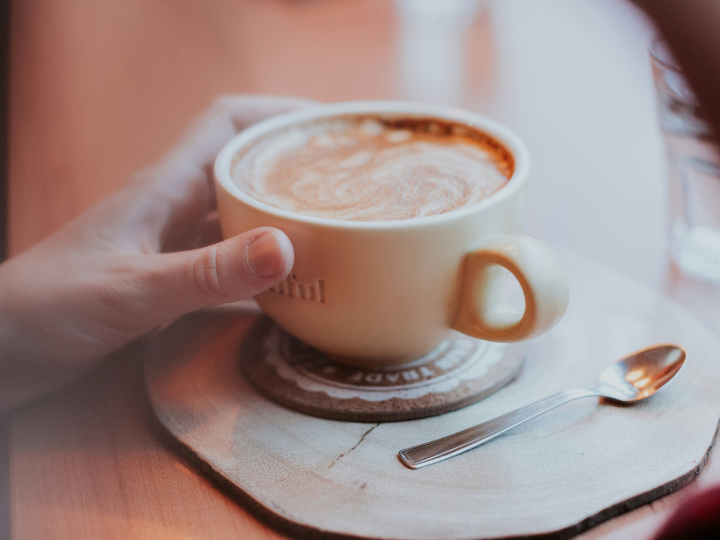
"You open Instagram to grab a trending audio for a reel. Just one quick thing. Two hours later, you're still scrolling. You haven't created anything. You haven't even saved the audio you meant to find. And now it's 10 p.m., and you're mentally exhausted - and a little sad, tbh - from consuming content instead of making it. (Seriously, why is Instagram's search function on the Explore page?) Oh, wait, that was me. Hi. 👋"
"First, let's not add more guilt to the mix Before we dig in, I really want to emphasize something. Getting sucked into a scroll is not a sign of 'weakness' or failure on your part as a creator. The algorithms are engineered to work like this. Every time you open Instagram, TikTok, or LinkedIn to post something, you're walking into an environment specifically designed to hold your attention."
"For creators, this creates a weird paradox. We need to be on these platforms to grow our audiences and stay on top of trends. But the very act of being on the platform makes it harder to find time to actually create. For new creators especially - people creating while holding down a 9-to-5 job, managing family responsibilities, and actually living their live"
Creators frequently open social platforms intending to perform a quick task and end up doomscrolling for hours, leaving them mentally exhausted and unproductive. Algorithms are designed to capture attention, which creates a paradox for creators who must use platforms to grow but find creating more difficult while consuming. Busy people, including parents with full-time jobs and creators with ADHD, face particular challenges balancing responsibilities and content work. A practical mindset shift can help: mentally divide time into creation mode and consumption mode. Simple tools and intentional boundaries support this split, reducing guilt and protecting focused creative time.
Read at Buffer: All-you-need social media toolkit for small businesses
Unable to calculate read time
Collection
[
|
...
]